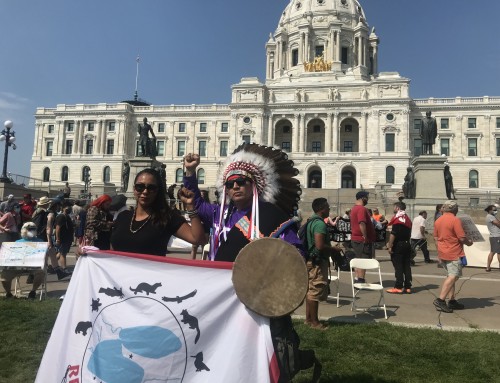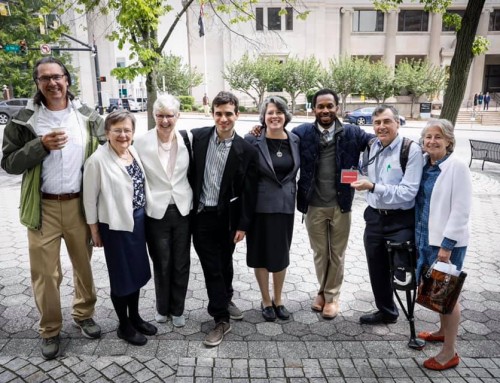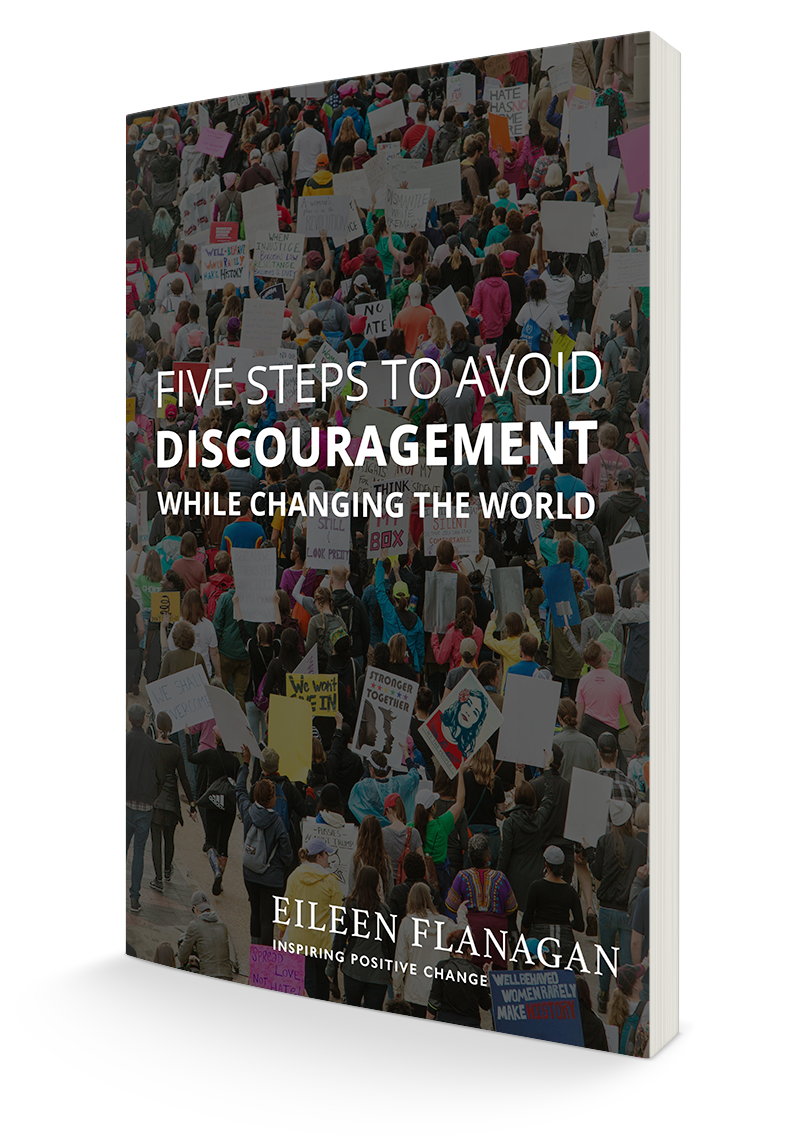My Quaker meeting recently had a session where we shared some of our experiences with money. Dealing with poverty–our own or other people’s–was one of the themes that emerged. Afterward someone asked me what I thought of a famous Gospel quote about the poor. As it turns out, I have a few paragraphs about that which got cut from the book, so here’s another deleted scene:
Sometimes the things that need to be changed don’t affect us directly, making us unlikely to do anything about them unless we feel connected to those who do need help. Evangelical minister Jim Wallis makes this point, talking about Christians in the United States who do not live with people who are poor. Author of God’s Politics: Why the Right Gets it Wrong and the Left Doesn?t Get it, Wallis explains:
Some people try to argue that when Jesus said, “The poor you will have always with you” (Matthew 26:11), it somehow provided justification for doing little or nothing about poverty, as if Jesus had said there would always be poor people among us, so why do anything about it? However, this misreads both the immediate and the broader contexts of his words.
Wallis argues that there are thousands of Bible verses that compel us to care for the poor, and Jesus’ comment reveals his assumption that his followers would always be close to the poor, something Wallis points out is no longer true of many middle-class and wealthy Christians.
In Jesus’ time, ending poverty was a dream, something only God could achieve. In the twenty-first century, however, human beings could actually do it. All the experts say so. Yet the New York Times reports that more than 20,000 people perish every day from extreme poverty. Every day. (Some aid organizations say the number is higher.) What’s lacking is not the ability to end or reduce crushing poverty. What’s missing is the political will. Although the New York Times argues that global poverty poses a national security threat to the United States, solving poverty is not a priority for the US government, or for the US electorate, for that matter.







Leave A Comment